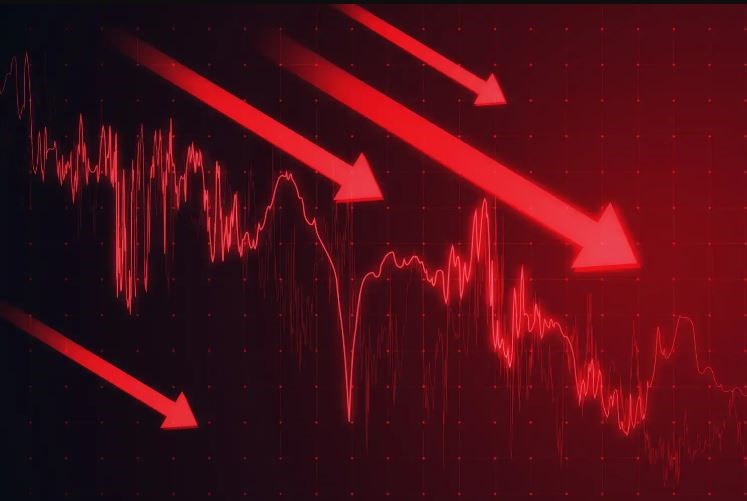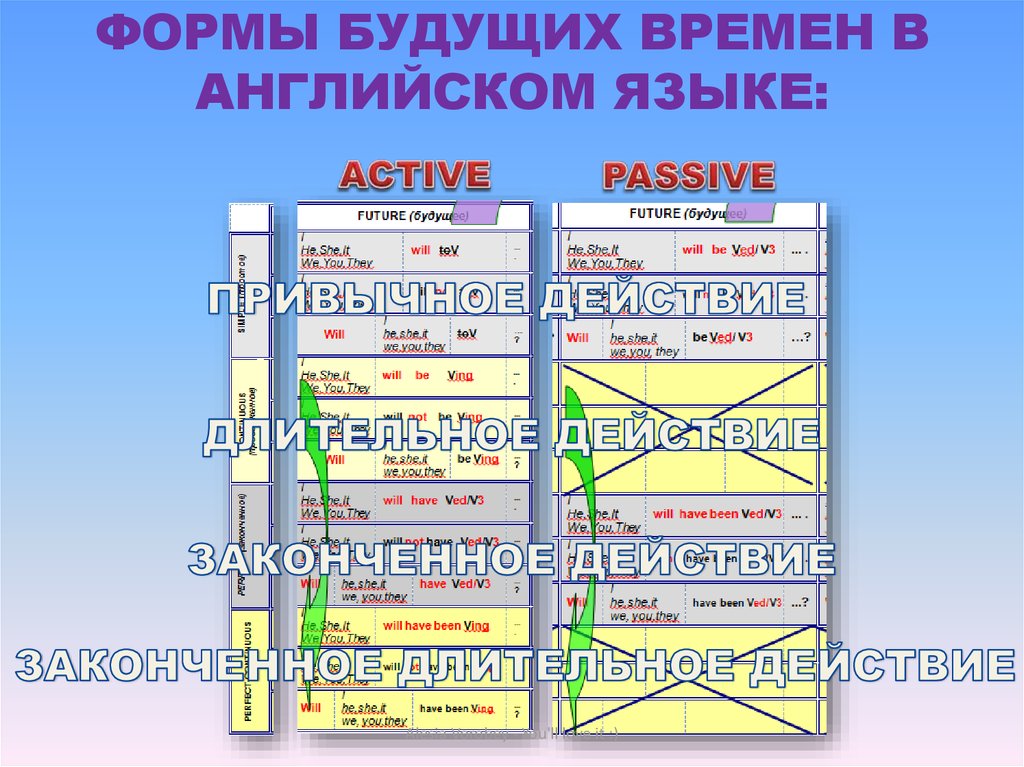Stock Prices Fall Amid Rising US Fiscal Uncertainty

Table of Contents
The Debt Ceiling Debate and its Market Impact
The current debt ceiling standoff presents a significant threat to the US economy. The US government's ability to borrow money is limited by the debt ceiling, and failure to raise it could lead to a government shutdown, defaulting on its debt obligations. This uncertainty profoundly affects investor confidence. The fear of a potential default triggers market volatility as investors react to the perceived risk.
- Potential government shutdown consequences: A shutdown could disrupt essential government services, impacting various sectors of the economy and further eroding investor confidence.
- Impact on credit rating and borrowing costs: A failure to raise the debt ceiling could lead to a downgrade in the US credit rating, increasing borrowing costs for both the government and private businesses.
- Historical precedents of debt ceiling crises and their market effects: Past debt ceiling crises have resulted in market downturns, illustrating the significant impact of this issue on investor sentiment and stock prices. Reviewing these historical precedents provides valuable insights into potential future scenarios. The resulting market volatility can be substantial, impacting various asset classes.
Keywords: debt ceiling, government shutdown, credit rating, investor confidence, market volatility
Increased Government Spending and Inflationary Pressures
Increased government spending, while sometimes necessary to stimulate the economy, can also fuel inflation if not managed effectively. When the money supply increases faster than the production of goods and services, prices rise, eroding purchasing power. This inflationary pressure directly impacts stock valuations, as corporate profits are squeezed and future earnings forecasts become less certain.
- Relationship between inflation and interest rates: Central banks often raise interest rates to combat inflation, which can negatively impact borrowing costs for businesses and consumers, affecting stock market performance.
- Impact on corporate profits and earnings forecasts: Inflation increases production costs, reducing profit margins for businesses and leading to lower earnings forecasts, causing investors to re-evaluate stock valuations.
- Strategies investors are using to mitigate inflation risks: Investors are exploring various strategies, such as investing in inflation-protected securities or shifting their portfolios towards sectors less sensitive to inflation, to mitigate these risks. Understanding these strategies is crucial for navigating inflationary periods.
Keywords: inflation, interest rates, government spending, corporate profits, stock valuations
Political Polarization and its Influence on Market Sentiment
The current climate of political polarization and gridlock in the US contributes significantly to the overall uncertainty. This political instability creates an environment of unpredictability, negatively influencing investor sentiment and market stability. Deep partisan divides make it difficult to implement effective economic policies, adding to the uncertainty and discouraging investment.
- Examples of past political events that negatively impacted the stock market: Historical examples demonstrate the negative correlation between political uncertainty and stock market performance. Understanding these precedents helps investors anticipate and react to similar events.
- How political uncertainty affects long-term investment strategies: Political uncertainty often necessitates adjustments in long-term investment strategies, emphasizing the need for adaptability and flexibility in portfolio management.
- The importance of diversifying investment portfolios in times of political uncertainty: Diversification across asset classes remains a crucial risk management strategy during periods of heightened political uncertainty, minimizing potential losses and maintaining overall portfolio stability.
Keywords: political uncertainty, market sentiment, political gridlock, investor sentiment, portfolio diversification
Potential Strategies for Navigating Market Volatility
Navigating the current market volatility requires a proactive and well-informed approach. Investors should focus on risk management and consider diversifying their portfolios across asset classes. Maintaining a long-term perspective and seeking professional financial advice can also help mitigate risks.
- Importance of a long-term investment strategy: A long-term investment strategy helps investors weather short-term market fluctuations and focus on achieving their long-term financial goals.
- Diversifying across asset classes: Diversification reduces the impact of any single asset’s underperformance, safeguarding the overall portfolio during periods of uncertainty.
- Seeking professional financial advice: Consulting with a qualified financial advisor provides personalized guidance tailored to individual investment goals and risk tolerance.
Keywords: market volatility, risk management, portfolio diversification, investment strategy, financial advice
Conclusion: Understanding and Adapting to US Fiscal Uncertainty
The recent fall in stock prices underscores the significant impact of US fiscal uncertainty on the market. The debt ceiling debate, increased government spending, and political polarization are all contributing factors to the current volatility. Understanding the interplay of these factors is crucial for navigating the market effectively. Stay informed about the evolving situation regarding US fiscal uncertainty and adjust your investment strategies accordingly to mitigate potential risks. Understanding the relationship between US fiscal policy and stock prices is crucial for navigating market volatility. Proactive monitoring of economic news and political developments is paramount for making informed investment decisions.

Featured Posts
-
 Tour De France 2027 Grand Depart From Edinburgh Scotland
May 23, 2025
Tour De France 2027 Grand Depart From Edinburgh Scotland
May 23, 2025 -
 Flstyn Mutlq Alnar Ysthdf Sfart Alahtlal Fy Washntn
May 23, 2025
Flstyn Mutlq Alnar Ysthdf Sfart Alahtlal Fy Washntn
May 23, 2025 -
 Rybakina Otsenka Tekuschey Formy I Buduschikh Vystupleniy
May 23, 2025
Rybakina Otsenka Tekuschey Formy I Buduschikh Vystupleniy
May 23, 2025 -
 Couple Fights Over Joe Jonas His Hilarious Response
May 23, 2025
Couple Fights Over Joe Jonas His Hilarious Response
May 23, 2025 -
 Essen Uniklinikum Naehe Berichte Ruehren Zu Traenen
May 23, 2025
Essen Uniklinikum Naehe Berichte Ruehren Zu Traenen
May 23, 2025
